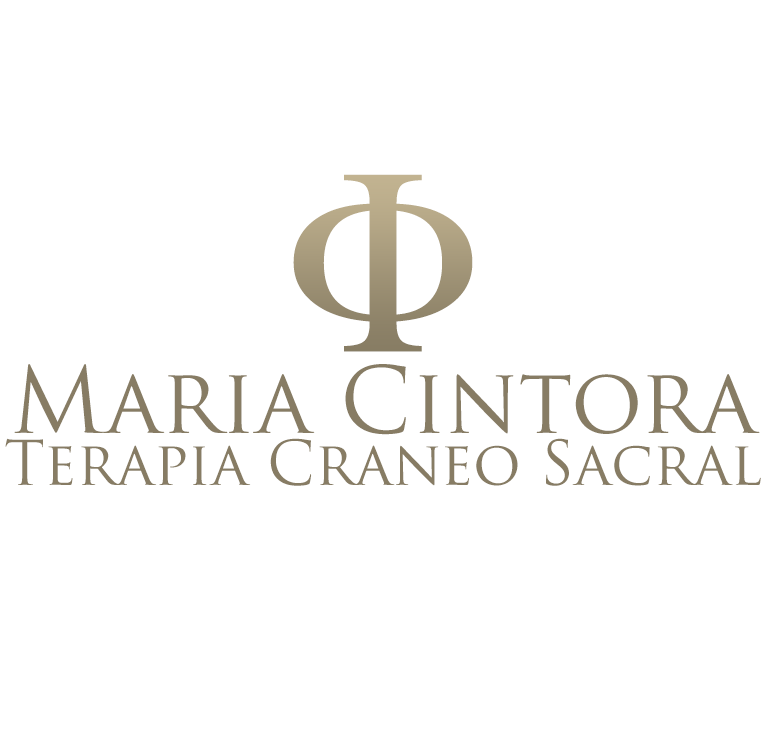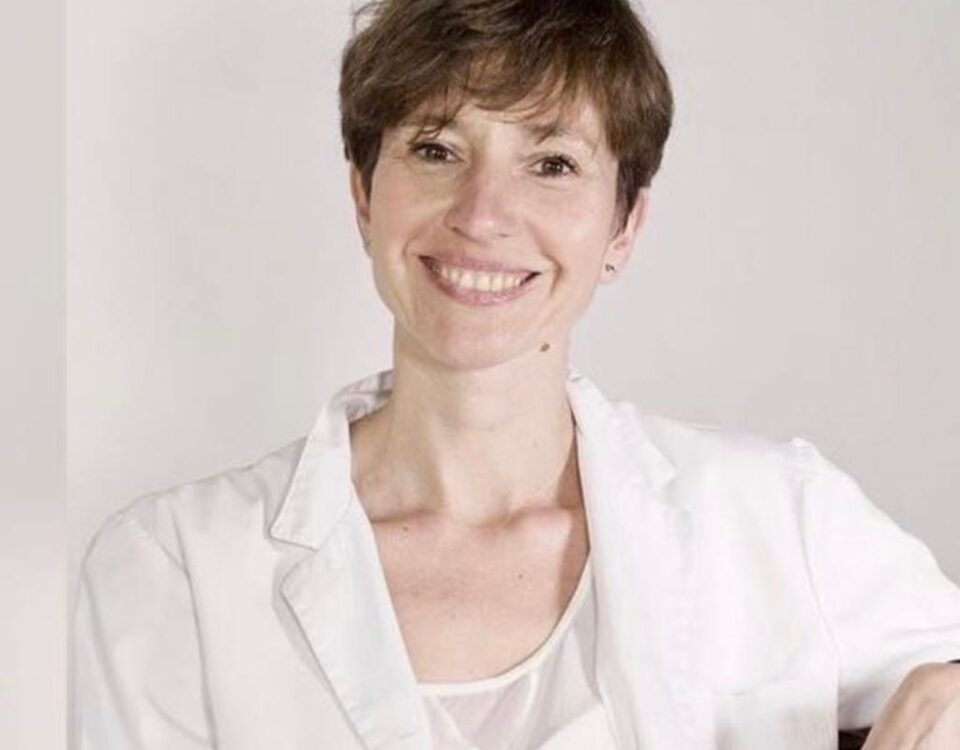
When somebody enjoys a musical piece played by a musician, very often we cannot imagine that behind that there are many hours of practice, dedication, discipline and mental effort to achieve the expected result.
75% of musicians have suffered, at some point in their careers, from some form of problem due to physical overcharge due to over stimulation of muscles or ligaments.
Let’s take a look at some of the problems faced by instrumentalists:
It is the musician who must adapt to their instrument.
This is a determining factor that must be taken into account. Why? This will lead the musician to assume asymmetrical positions and mechanical repetition of movements for long periods of time, where that part of the body is subjected to the repetition, over and over, of that musical piece.
Every instrument has a certain problem attached to it.
Let’s analyse some of them:
– Players of string instruments tend to suffer from neck pain and dysfunction of the Temporo Mandibular Joint (TMJ) and, in the case of violin players, the position of the violin can cause displacement of the jaw.
-Piano players usually suffer from lumbar pain, neck pain and, in some cases, carpal tunnel syndrome.
– Wind instrument players often suffer from tendinitis and malocclusion.
In order to obtain the desired sound, the musician needs to make a certain effort, sometimes increased by the impossibility of assuming a balanced position when playing the instrument.
Other times, the effort is increased for other reasons, such as, for instance, bad acoustics, which forces the musician to play harder to make up for it, leading to muscular overcharge.
Craniosacral Therapy is beneficial for all these Musculoskeletal System problems, it helps relax and unblock the fascial tissue, trapped nerves or muscular overcharges, returning their natural movements in a non-invasive, respectful manner. This therapy is also a great help in cases of Temporo Mandibular Joint (TMJ) syndrome cases.
It is also beneficial in calming the Nervous Central System (NCS), usually stressed by the mental effort this profession requires.
We will analyse each case, providing a space to assess the posture needed to work.



